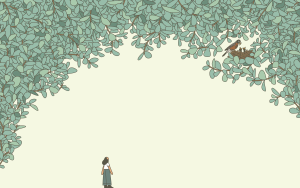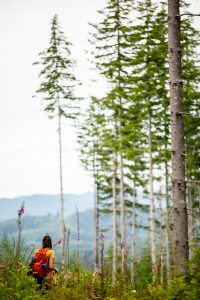The Special Issue of Ecopsychology is open to submissions on other work in the nature and health field, within the categories below, and also listed here, along with details about the issue.
Deadline for Manuscript Submission: November 19, 2021
Guest Editors: Gregory N. Bratman and Hector Olvera-Alvarez
Our topic on Nature and Health is ambitious insofar as we seek to bring together cohorts within the field of ecopsychology in a traditional sense (such as Deep Ecology), with cohorts from many health-related fields and other scientific disciplines. Some of the articles for this special issue will emerge from those attending the conference. But many other articles will include authors unable to attend. If needed, the Ecopsychology journal will devote two issues to this topic, to promote the burgeoning work across disciplines. Here are examples of some of the areas and approaches:
Interaction with animals, plants, and/or landscapes for health
Social determinants of the nature-health relationship
Wilderness experiences and health
Ecotherapy
Forest bathing
Indigenous ways of knowing
Psychological pathways
Causal mechanisms
Diversity and equity
Agency, power, self-determination, and sovereignty
Social vulnerability
Epidemiology
Neuroscience
Implementation science—studies of what works
Relationship with nature (beyond STEM)
Reciprocal healing of humans and nature
Individual differences
Traditional ecological knowledge
Measuring nature contact
Racism and discrimination in nature
Positive psychological well-being
Biodiversity
Attitudes towards being in nature
Nature/built environment interactions
Multilevel studies
Novel review papers and personal narratives are welcomed, as are investigations that use qualitative methods.
Your contribution should be no longer than 5,500 words (excluding references) and submitted no later than November 19, 2021. Early submissions are welcomed. Please submit using the journal’s online submission portal. http://www.liebertpub.com/forauthors/ecopsychology/300/.
For questions, please contact Editor-in-Chief of the Ecopsychology journal, Peter Kahn at pkahn@uw.edu, or guest editors, Gregory N. Bratman at bratman@uw.edu, or Hector Olvera-Alvarez at olveraal@ohsu.edu.



